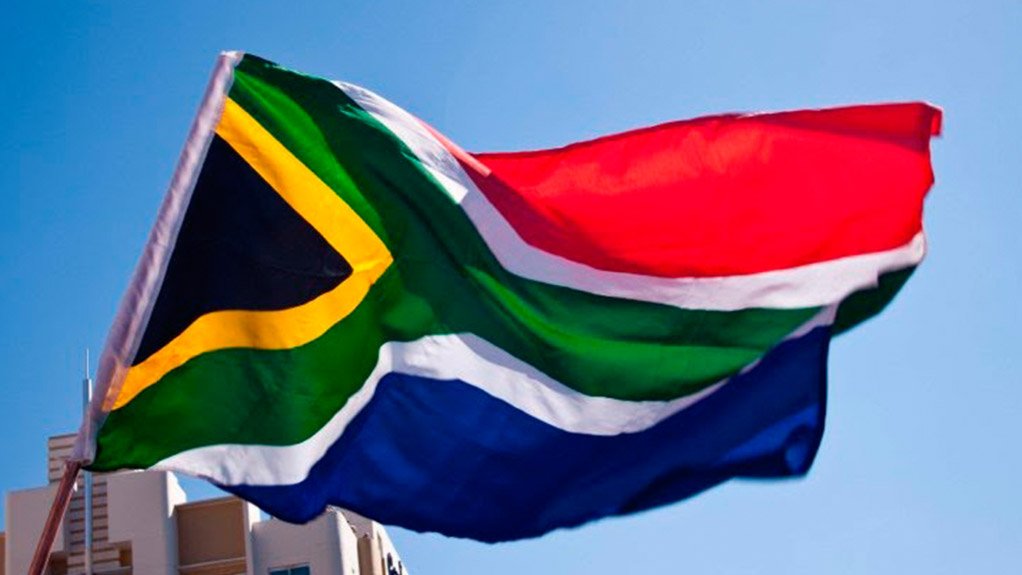/ MEDIA STATEMENT / The content on this page is not written by Polity.org.za, but is supplied by third parties. This content does not constitute news reporting by Polity.org.za.
South Africa has reached a critical crossroad in terms of its economic and social development, and renewed vigour is needed if the country is to face its future with confidence and is to fulfil its commitments under the National Development Plan. However, according to Prof. Wilma Viviers, leader of the TRADE research entity at the North-West University’s Potchefstroom Campus, the challenges are ‘immense’.
Viviers, whose ground-breaking research has propelled her to the top echelons of her profession by redefining the way local exporters assess foreign markets, was on Wednesday 17 September 2014 formally honoured as one of several global candidates chosen by the World Trade Organisation (WTO) for its latest Chairs Programme.
During her acceptance address, Viviers made reference to the obstacles that South Africa faces, saying, “this is also indicative of sub-Saharan Africa as a whole, where the Gini index of inequality rose by 9% between 1993 and 2008. The 2014 World Economic Forum Global Competitive Index, published last week, saw South Africa’s overall ranking drop another three places, to 56th out of 144 countries. Why is the index important? Because it is an annual barometer of performance of institutions and other factors that determine a country’s level of productivity. The South African economy is dealing with major constraints, such as inadequate infrastructure, energy insecurity, poor educational standards among the workforce, troubled labour relations and corruption – all of which contribute to low labour market efficiency. But perhaps even more worrying are the divergence in attitudes and the lack of trust and shared values among many of the interest groups in South Africa. It is an epidemic that the North-West University, together with the WTO, can help to curb.
“The WTO Chairs Programme will be a resource to, and a representative of, the WTO in South Africa. The Chair’s research initiatives will endeavour to inform national and provisional governments’ trade policy and steer the country’s trade and investment efforts. At the same time, the Chair will nurture the talents of new and more experienced researchers, as well as increase the number and enhance the quality of its Master’s and PhD students.
Mr David Shark, Deputy Director-General of the WTO, told the gathering, “I see the establishment of the WTO Chair at the North-West University in Potchefstroom as recognising the commitment of the academic community in South Africa, which has played a vital role in educating, training and analysing matters related to trade policy and international trade, at national, regional and international level.
“Academics are in a position to approach issues with a breadth and depth of analysis which is simply not a practical possibility for many others — such as politicians, for example. Academics have space to consider changes in the global economy so they can identify not only today’s challenges and opportunities, but also those of tomorrow.”
In conclusion, Prof Viviers said, “the WTO Chair gives me and my TRADE team an opportunity to assist with the policy debate through high-level research and engagement, at a time when trade-related challenges and questions about global competitiveness are high on the agenda – both in South Africa and in the surrounding region. The Chair appointment will also ensure that the North-West University remains at the cutting edge of research in these critical policy spheres.”
Issued by NWU
EMAIL THIS ARTICLE SAVE THIS ARTICLE
To subscribe email subscriptions@creamermedia.co.za or click here
To advertise email advertising@creamermedia.co.za or click here











